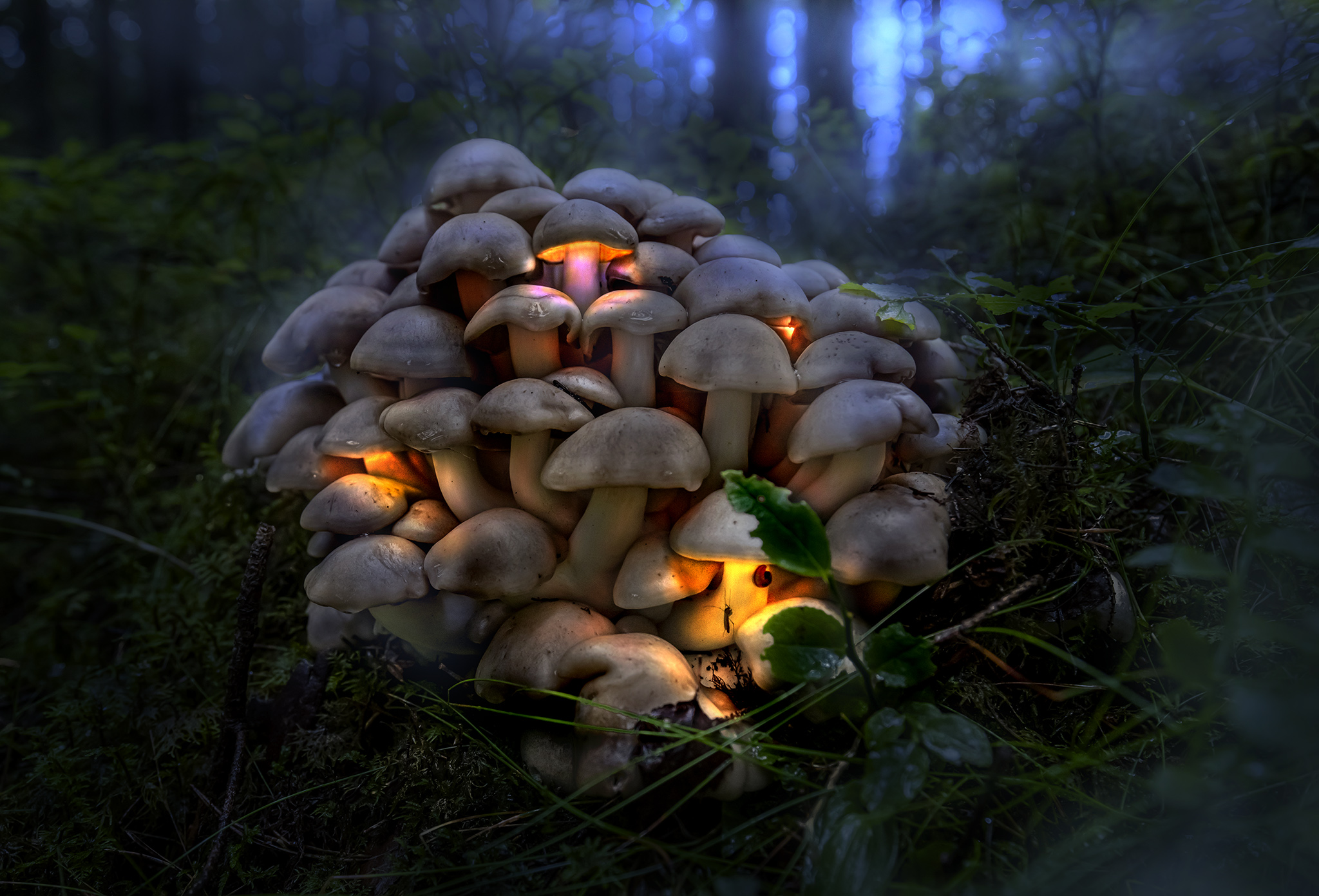Radioactive mushrooms refer to mushrooms that have absorbed radioactive materials, typically from their environment. The term is often associated with mushrooms growing in areas contaminated by radioactive fallout from nuclear accidents or weapons testing.
When radioactive materials are released into the environment, such as radioactive isotopes of elements like cesium, strontium, or iodine, they can be taken up by plants and fungi, including mushrooms, through their roots or mycelium. Mushrooms, in particular, are known for their ability to bioaccumulate certain elements, including radioactive ones, due to their high surface area and efficient absorption mechanisms.
Consuming radioactive mushrooms or any food contaminated with radioactive materials can pose serious health risks, as the radioactive isotopes can emit ionizing radiation, which can damage cells and DNA and increase the risk of cancer and other health problems.
In areas where radioactive contamination is a concern, authorities often monitor food sources, including wild mushrooms, for levels of radioactivity to ensure public safety. Consumption of wild mushrooms from areas with known or suspected radioactive contamination is generally discouraged, and individuals are advised to follow guidelines and restrictions issued by health and environmental authorities.
It’s important to note that not all mushrooms are radioactive, and the vast majority of mushrooms found in non-contaminated areas are safe to consume. However, in areas affected by radioactive contamination, it’s essential to exercise caution and avoid consuming wild mushrooms or any food that may have been exposed to radioactive materials.
Subscribe to the newsletter:
